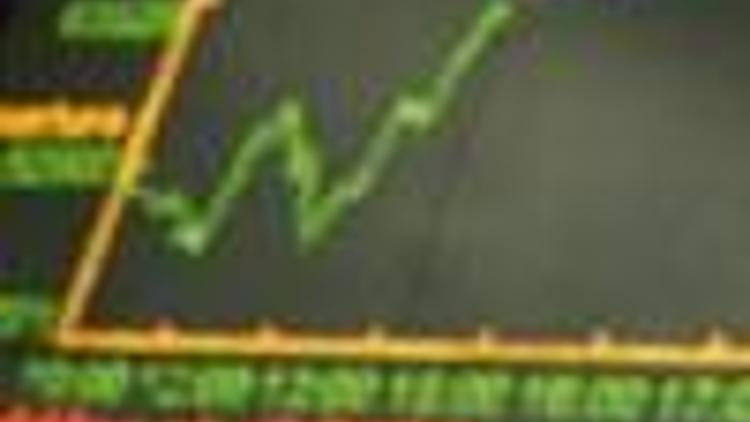G7 to deploy an international team amid credit crisis
Güncelleme Tarihi:

The Group of Seven economic powers are likely to deploy an international team to keep closer tabs on the world's big banks while demanding better risk management and information disclosure across financial markets.
The move, due to be announced at G7 talks on Friday, is in response to a global markets crisis which could cost close to $1 trillion in losses and downgrades in the value of toxic assets accrued over years of investor euphoria.
Finance ministers and central bankers of the G7 nations meet in Washington on Friday to plot their next move in response to the crisis, based on a list of recommendations from the Financial Stability Forum, a body they created.
Among the key FSF ideas, elements of which were published in the Wall Street Journal and confirmed to Reuters by a G7 source on Wednesday, is the creation by the end of this year of a team of supervisors to watch over the biggest international banks. �
As news of the action plan emerged, so did news that German regulators had ordered the closure of a small bank which blamed its downfall on the credit crunch. This hit in August as a defaults crisis in the U.S. mortgage market snowballed.
If implemented, the plan should "minimise the possibility that the challenges we've faced will reoccur", David McCormick, U.S. Undersecretary of the Treasury for International Affairs, said, according to the Wall Street Journal.
FSF recommendations include:
* By July, supervisors should improve their guidelines for the way banks plan for cash shortages. Banks should run "stress tests" to ensure they can get cash in emergencies.
* By the end of the year, teams of supervisors from major countries should be assigned to monitor the biggest banks which work across international borders.
* Banks and securities firms should publicise the risks they face from complex securities, such as those backed by subprime mortgages.
* The Basel Committee on Banking Supervision, an international body of regulators, should require banks to keep more capital in reserve to protect against failures of complex securities and off-balance-sheet investments. Banks should disclose their uses of off-balance-sheet setups to house their risky investments.
* Credit rating firms should distinguish the grades they give for regular securities, such as municipal or corporate bonds, from those they assign to more complex investments.
* Investors should take responsibility for their own due diligence to ensure credit ratings reflect the risks of their investments.
NEW VICTIM
Major banks have announced tens of billions of dollars in losses and writedowns in recent months because of exposure to the U.S. sub-prime market or mortgage-backed debt derivatives which blossomed during a credit boom in the past five years or so.
The U.S. central bank was forced to orchestrate a takeover of Wall Street's Bear Stearns investment bank last month.
Germany announced a first fatality on Wednesday. Financial watchdog BaFin said it had suspended operations of a small investment bank, Weserbank and asked a court to start insolvency proceedings after it was unable to cover operating costs.
Weserbank ran into trouble after floating rate notes which it used as security for its credit lines sank dramatically in value, a source at the bank told Reuters.
The International Monetary Fund said on Tuesday that turmoil in credit markets could spread with losses possibly approaching $1 trillion, and cautioned that risks to global economic growth had increased.

